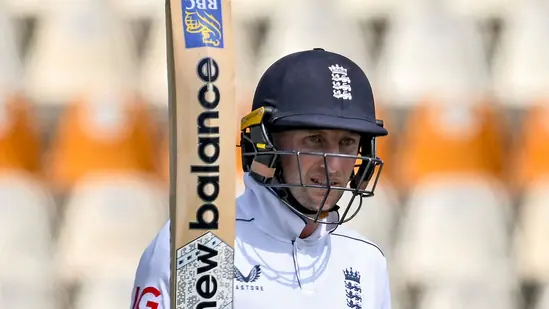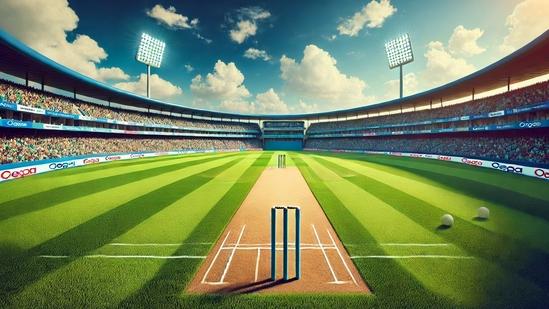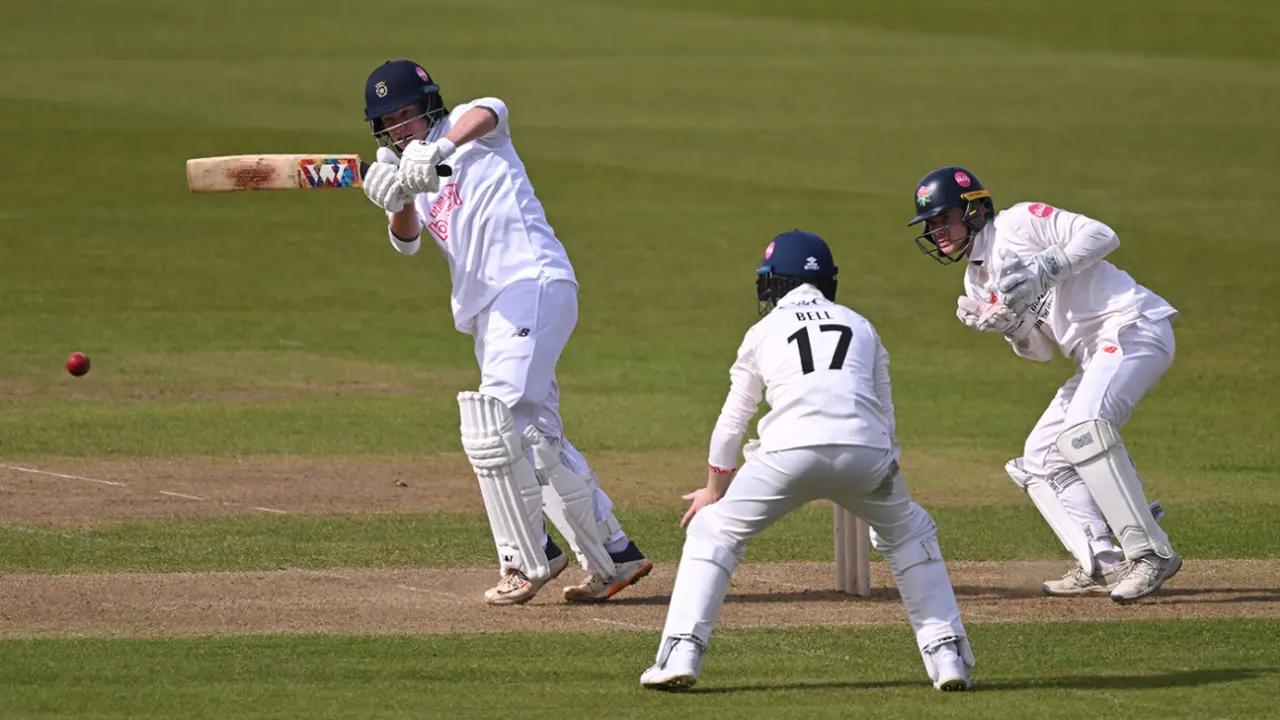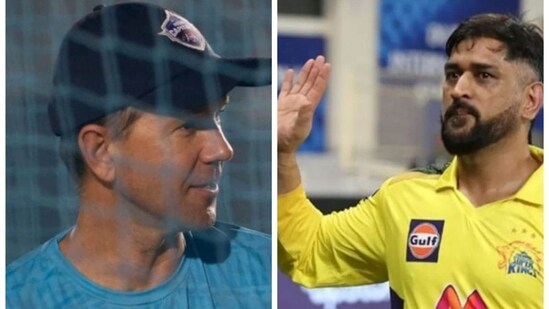Star cricketer joins Mohammed Shami in advocating for reversal of saliva ban on cricket balls
New Delhi: Former New Zealand fast bowler Tim Southee has come out in support of India’s Mohammed Shami, endorsing his plea to lift the ban on using saliva to shine the cricket ball. The International Cricket Council (ICC) had initially imposed a temporary restriction on the use of saliva in May 2020 due to the Covid-19 pandemic, but later made it a permanent ban in September 2022. Shami, after India's victory over Australia in the Champions Trophy semifinal, highlighted the need for allowing the use of saliva to enable bowlers to generate reverse swing, making the game more interesting. He stated, "We are trying to get reverse swing but the ban on using saliva is hindering us. We appeal to authorities to reconsider this decision so that we can bring reverse swing back into the game."

Backing Shami’s appeal, Southee encouraged the ICC to lift the prohibition on using saliva to polish the ball, providing bowlers with a fair advantage.
“That was a rule brought around Covid with the virus going around the world, but I think as a bowler, you want to have a slight advantage,” Southee said on ESPNcricinfo’s Match Day. “We see the game going the way it’s going and seeing sides score 362 and more often than not over 300 in this format. I think there needs to be something in the bowlers’ favour, and whether that’s a little bit of saliva, then yeah, I don’t see why they couldn’t afford to get that back in.”
The experienced New Zealand fast bowler pointed out that applying saliva to one side of the ball to generate reverse swing is more potent in Test cricket compared to limited-overs formats.
“I think the ball only swings initially for a few overs (in white-ball cricket). But with the red ball, you are able to bring it back, and obviously, sweat can be limited at times in various parts of the world, whereas saliva you’re able to obviously have access to it from a number of sources and in all parts of the world,” he said.
“I think there is an advantage to having saliva on the ball, probably more so in red-ball cricket than white-ball cricket,” he added.
RELATED STORIES
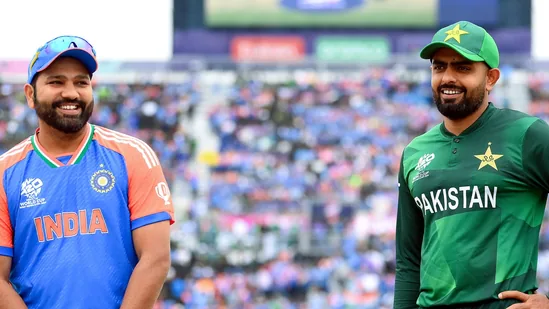
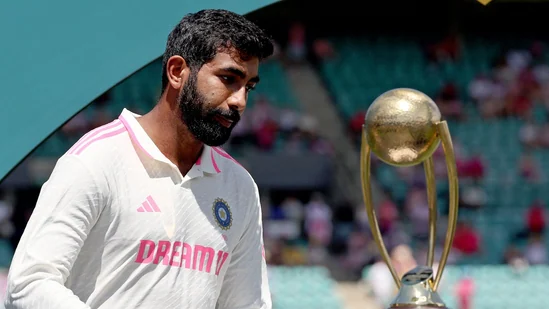
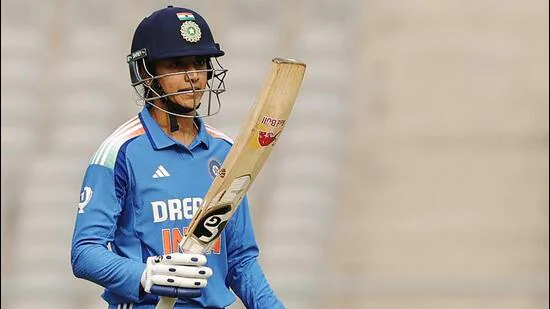


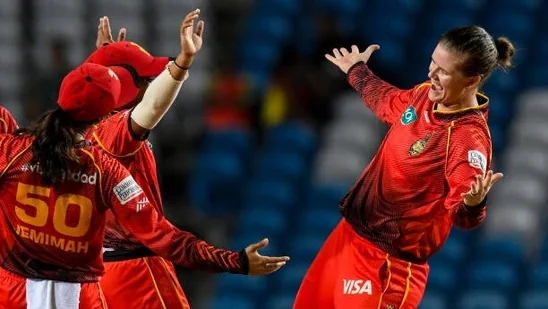
LATEST NEWS




